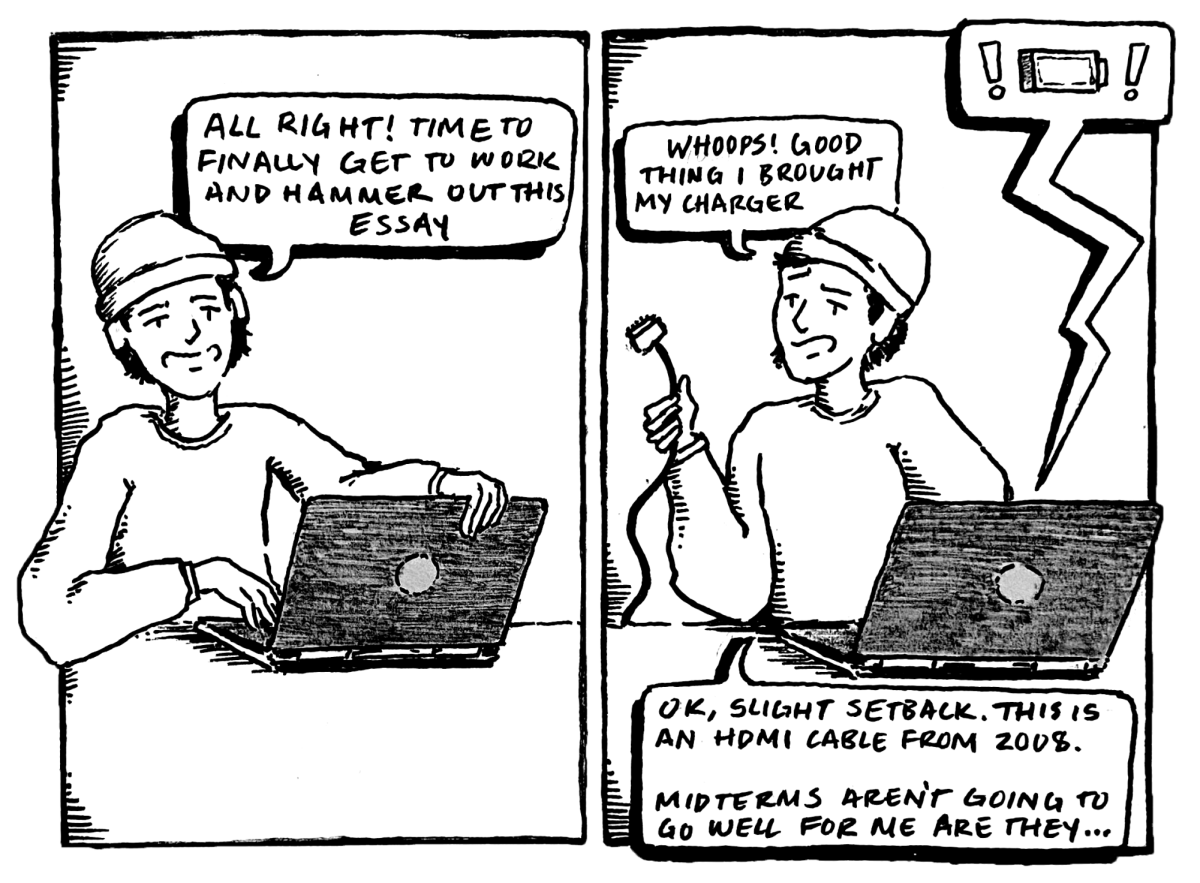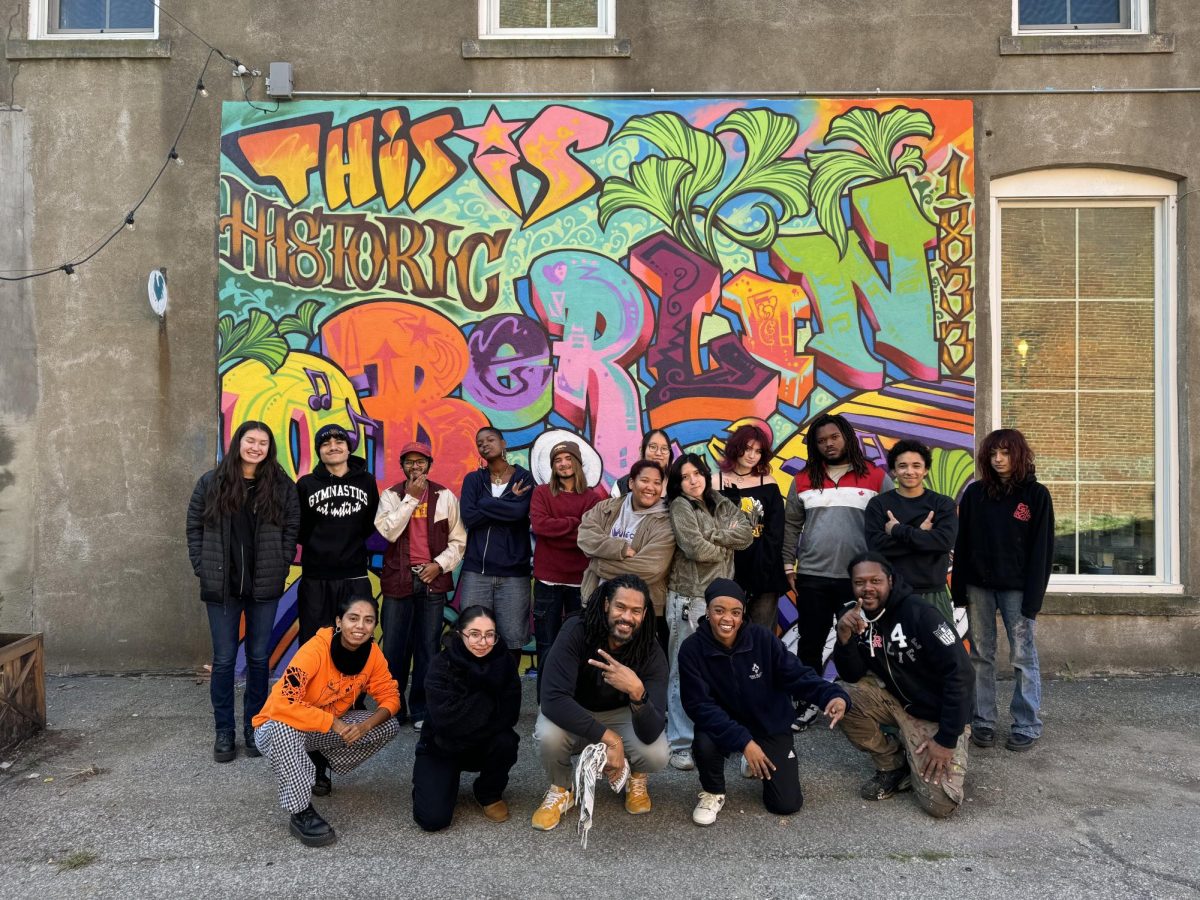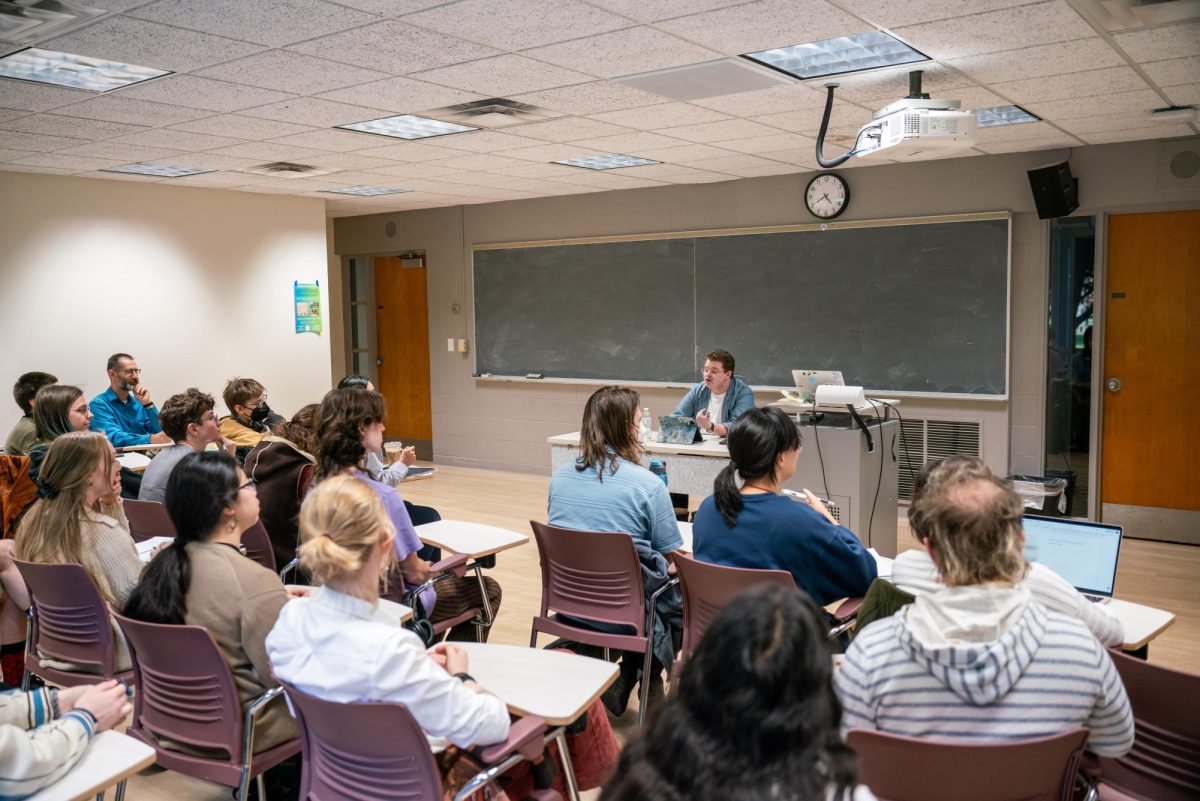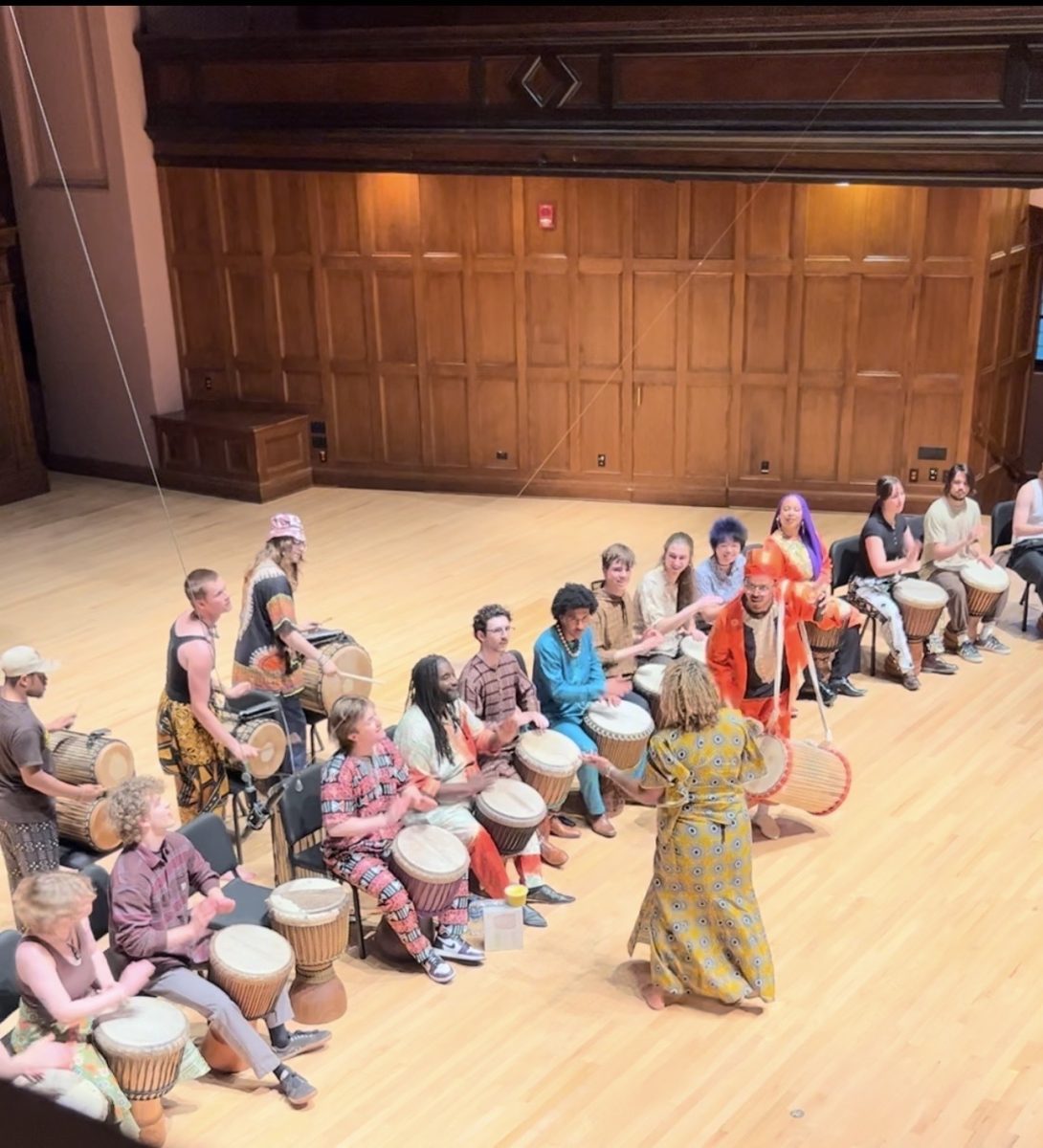Immigration Ban Undermines Urban Values
February 17, 2017
To the Editors:
My grandfather, Albert Joseph Bialek, came to the United States from Poland in 1910. According to the Ellis Island website, he boarded the ship Kaiser Wilhelm der Grosse in Bremen, Germany. He had just completed his service in the Austrian Army. Poland, at that time, was divided into three spheres of influence by Austria, Prussia and Russia. Upon being discharged, he returned to his father’s farm. Officers from the Austrian Army made an attempt to re-enlist him, but tradition dictated that he could remain at home so long as he was sorely needed on the farm. Immediately after the officers departed, Albert’s father gave him his brother’s travel documents and instructed him to immigrate to the United States. His father knew that war was coming and he didn’t want to lose his son to it. It took me awhile to locate my grandfather on the passenger list because I had forgotten he was traveling under the name Jan and not Albert.
Given that Albert entered the United States under the name Jan Bialek and later burned his immigration papers, it is evident he was by definition an “illegal immigrant.” He went on to become a very hard-working brick mason and law-abiding citizen, raising 12 children with the help of his Polish wife, Mary Bialek née Mazan, and the rest, as they say, is history.
Just as Cleveland is a city of neighborhoods, so is the United States a country of immigrants. In fact, all of the major cities of the U.S. at one time served as incubators for immigrants to not only become accustomed to the ways of this country but also to intermingle with each other, which was often prohibited in their native homelands. It’s a shame that the inner cities were handed over to the absentee landlords following World War ll. Just imagine how much stronger and united our country might have been had this unofficial tradition continued.
Gentrification is not the answer. Preventing immigration is not the solution. Intense vetting is acceptable during these challenging times, but to unfairly deny one person access to the United States makes us all orphans again. As a popular song by Graham Nash goes, “Let me in, immigration man.”
– Joe Bialek
Cleveland resident


















